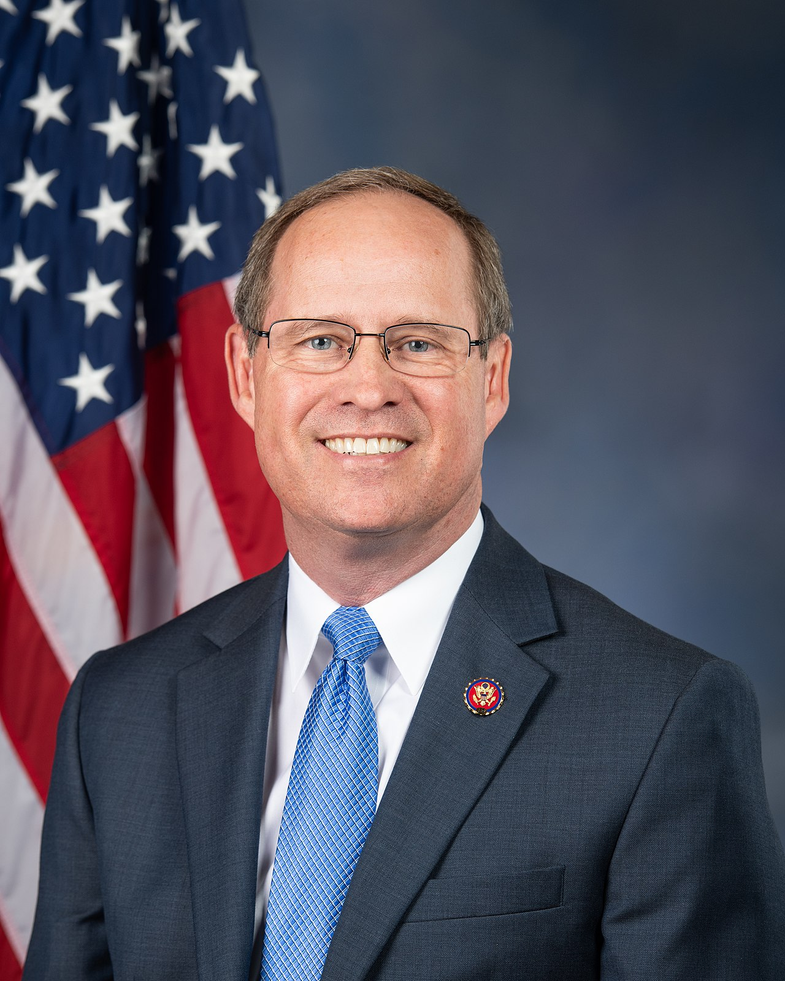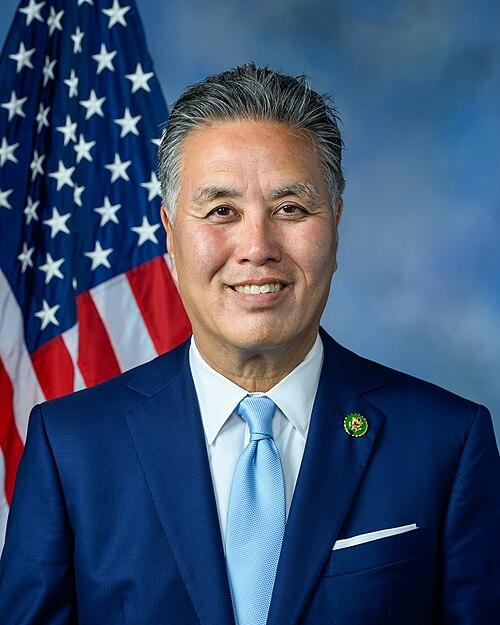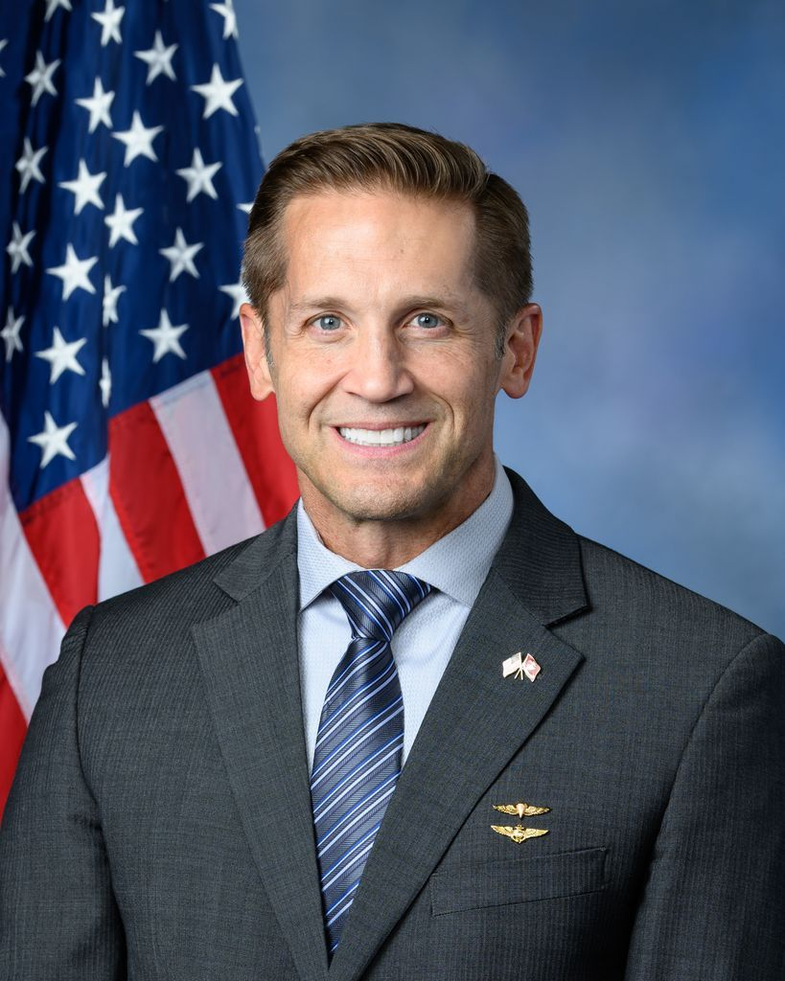H.R. 4077: Guarantee Utilization of All Reimbursements for Delivery of Veterans’ Health Care Act
This legislation, known as the Guarantee Utilization of All Reimbursements for Delivery of Veterans’ Health Care Act (GUARD Veterans’ Health Care Act), aims to amend existing laws related to the recovery of healthcare costs for veterans. The main provisions of the bill can be summarized as follows:
Cost-Recovery from Medicare Advantage and Medicare Prescription Drug Plans
The bill proposes that when veterans receive healthcare services covered under Medicare—whether related to service-connected disabilities or not—the Department of Veterans Affairs (VA) would be allowed to recover costs from Medicare Advantage plans and Medicare prescription drug plans. This means that:
- Medicare Advantage organizations and prescription drug plan sponsors would have to reimburse the VA for covered items and services provided to veterans, regardless of any additional administrative requirements that these plans might impose.
- The Secretary of Veterans Affairs will have the authority to recover these amounts using existing procedures that are already in place for recovering costs from other third parties.
- This recovery provision is intended to apply to Medicare Advantage and prescription drug plan years starting January 1, 2026.
- Funds received through this recovery would be deposited into the VA's Medical Care Collections Fund.
Modification of Recovery Authority for Non-Service-Connected Disabilities
The bill also modifies the authority regarding the recovery of costs for care provided to veterans with non-service-connected disabilities. Key points include:
- The United States will have the right to recover reasonable charges for care provided for non-service-connected disabilities from third parties, including those that might be liable due to torts.
- The provisions apply to any payments or recoveries that an individual might receive from third parties for healthcare services resulting from such disabilities.
- The bill sets out specific obligations for third-party payers regarding claim processing and payment timelines.
- It introduces penalties for non-compliance by third parties, including civil penalties for failure to pay claims and specifications on how claims should be handled.
Implementation and Compliance
The legislation includes various provisions that will require updates to sections of the Social Security Act to ensure consistency with the new recovery rules. This includes amending parts of the law to allow for these costs to be recoverable and making sure that certain exclusions are accounted for under this framework.
Overall, this legislation is designed to enhance the financial resources available for veterans’ healthcare by ensuring that Medicare and other third-party payers contribute appropriately to the costs incurred through the Department of Veterans Affairs.
Relevant Companies
- CVS Health (CVS) - As a major player in the Medicare Advantage space and a provider of health services, changes in reimbursement protocols could impact their business operations and financials.
- Anthem, Inc. (ANTM) - This health insurance company offers Medicare Advantage plans and would be directly affected by any amendments to reimbursement procedures.
- UnitedHealth Group (UNH) - As one of the largest health insurers in the U.S., changes in cost recovery from Medicare Advantage plans could significantly influence their revenue and operational practices.
This is an AI-generated summary of the bill text. There may be mistakes.
Sponsors
6 bill sponsors
Actions
3 actions
| Date | Action |
|---|---|
| Dec. 03, 2025 | Committee Hearings Held |
| Jun. 23, 2025 | Introduced in House |
| Jun. 23, 2025 | Referred to the Committee on Veterans' Affairs, and in addition to the Committees on Ways and Means, and Energy and Commerce, for a period to be subsequently determined by the Speaker, in each case for consideration of such provisions as fall within the jurisdiction of the committee concerned. |
Corporate Lobbying
0 companies lobbying
None found.
* Note that there can be significant delays in lobbying disclosures, and our data may be incomplete.










































